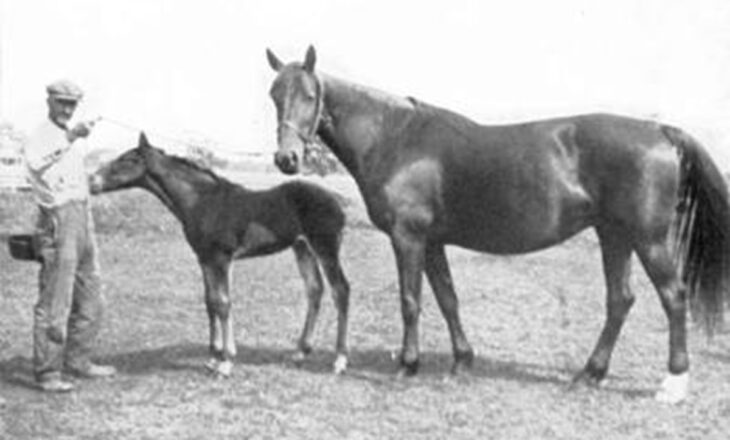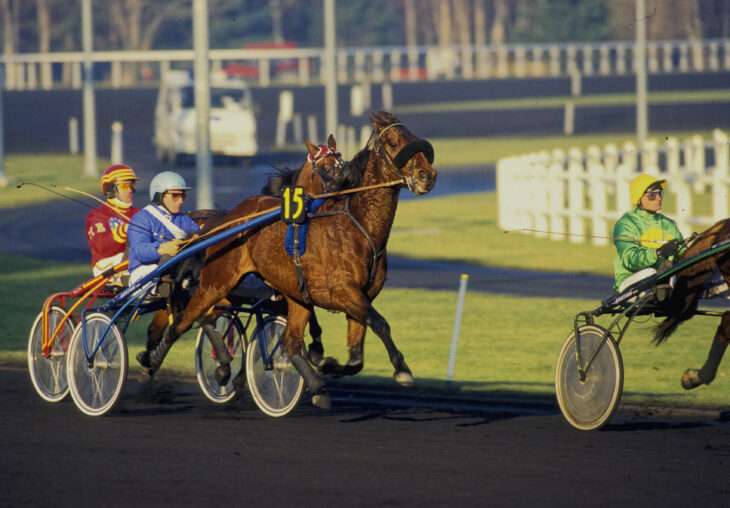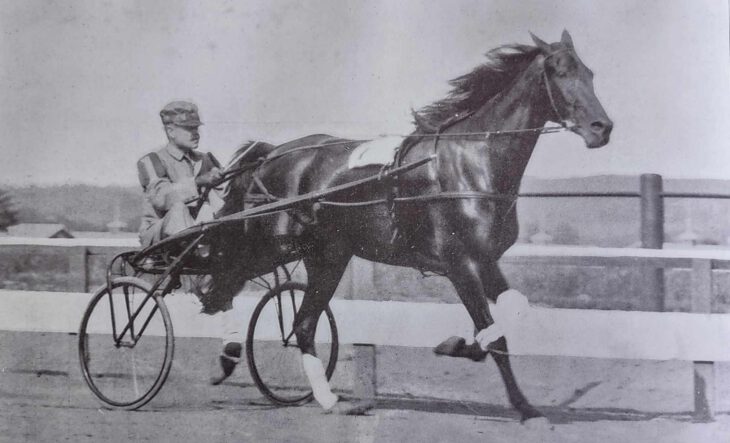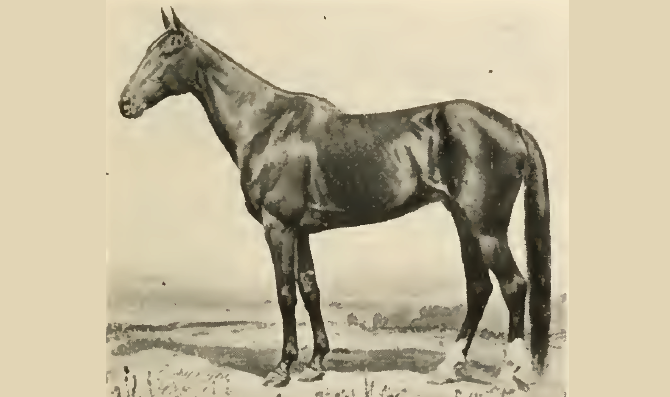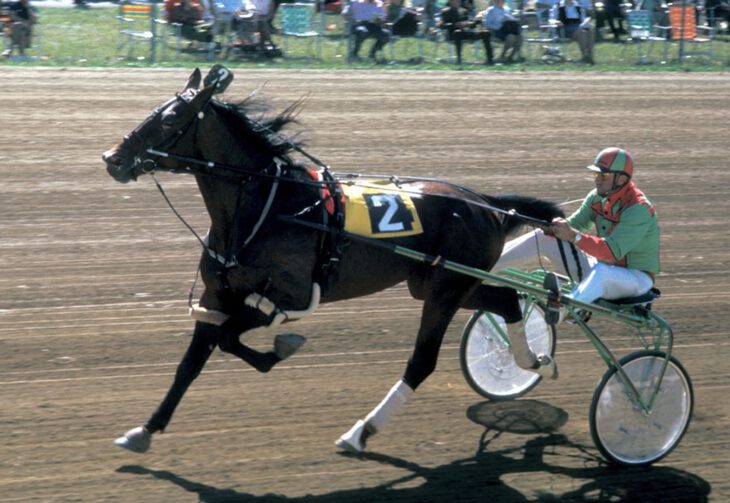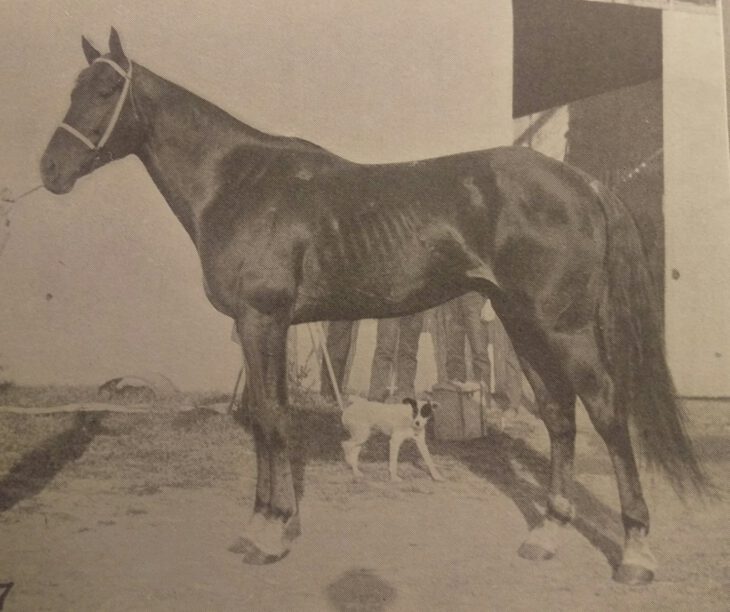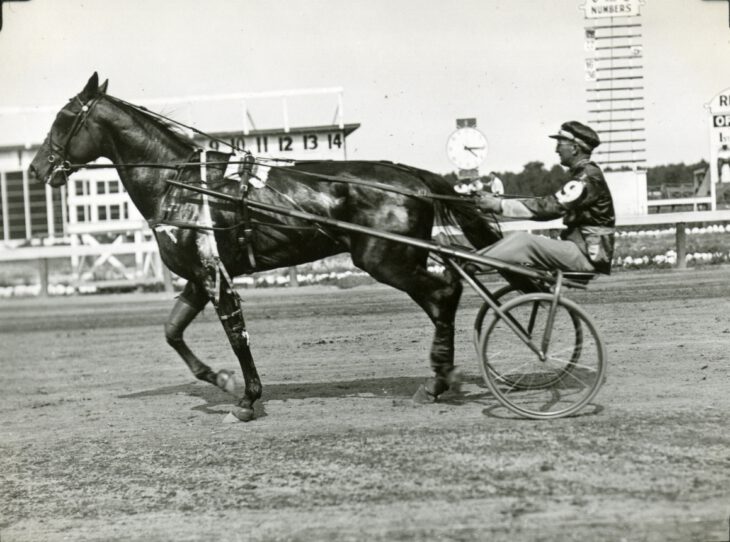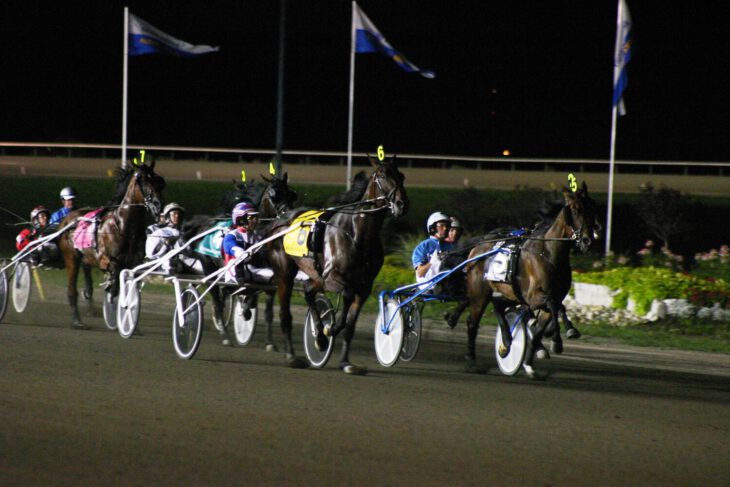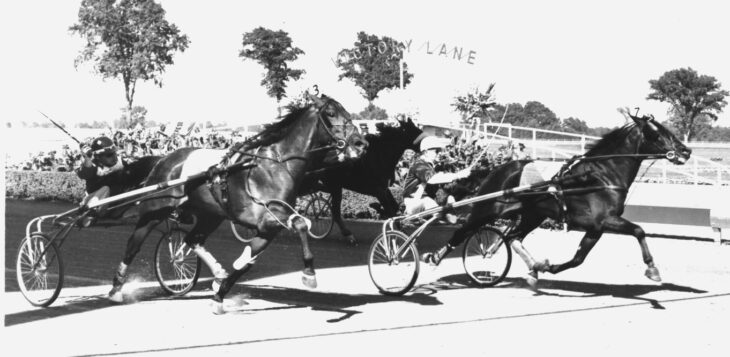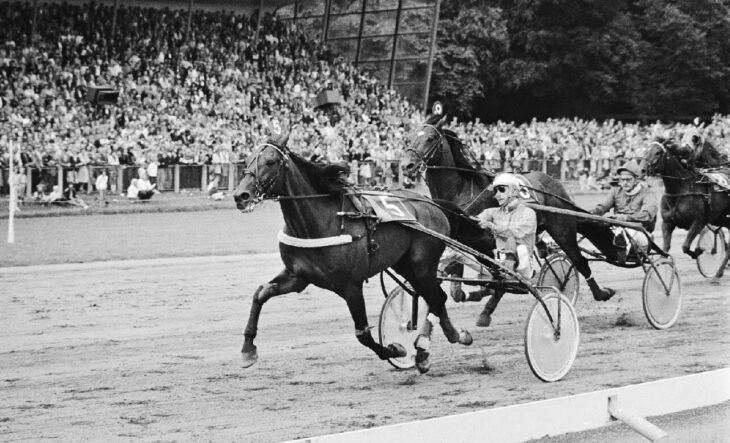The first dam of three 2:05 trotters, her mating was the result of chance. Even though Nervolo Belle was never even trained, she went on to achieve fame as a broodmare and also produced one of harness racing’s biggest names in Peter Volo.
Read MoreWhen the French studbook was briefly opened between 1987 and 1992, conservative French breeders generally nixed the opportunity to breed their mares to foreign sires. Some even went as far as claiming they “didn’t want to plant weed in their garden”, saying in no unclear terms that the American standardbred had absolutely nothing to offer the French trotter whose studbook had been closed since 1937 and only opened for five foreign-born stallions and a few other exceptions. Despite what the naysayers claimed, though, opening up the studbook took French trotting to a completely new level – and the best example of this is Coktail Jet.
Read MoreWidely expected to be one of the first 2:00 trotters, Axworthy’s most spectacular daughter was nearly invincible at her best. The fastest mare in history at that point, she passed early and has largely slipped into oblivion. Hamburg Belle’s legacy deserves much better, however.
Read MoreHe was the milk horse who turned into a world champion, but was treated badly as he was a tough cookie. Because of the treatment he received St Julien hated his trainer and driver, but the duo still worked well enough together to lower the world record three times.
Read MoreBred by Almahurst Farm in Lexington and named for a famous golfer, Arnie Almahurst was a near identical clone of his sire – but with more quirky behavior. Known for erratic performances, his most eccentric characteristic was a fear of the starting gate. When he stayed focused, however, the horse was a formidable opponent. After a very promising start to his stallion career, Arnie Almahurst died way too early.
Read MoreMaybe the best trotter ever bred in the Hoosier state, Cresceus went from being the best ever seen on the snow in Toledo to the best the world have ever seen. A rather plain trotter with bulldog determinaton, he didn’t take kindly to being mistreated.
Read MoreHe was the talent that didn’t quite live up to his pedigree and the expectations. Sold to Europe, Brother Hanover produced tremendously well at stud in both the Netherlands and Germany and was an active stallion until his 30s.
Read MoreA $2,000 yearling at the Tattersalls Select Yearling Sale in September 2001, the price tag gave no indications of what was to come from Mr Muscleman. The gentle giant overcome numerous problems enroute to stardom and left a lasting impression on every life he touched.
Read MoreThe third horse to win the trotting’s Triple Crown, Ayres, was always an great talent, but at 2 there were question marks surrounding the future of his immense ability. Could, and would, it be harnessed properly – or would he go into history as another could-have-been? Despite setting a rather extreme world record at two, Ayres had a mind of his own and had serious issues with authority. A trainer who laid down the law turned the unruly kid around an into a real superstar and Triple Crown-winner.
Read MoreThey bought the injured colt and brought him to Europe for stallion duty. But when Pershing healed he looked so good it was decided to race him, a decision that necessitates his owner to have to buy him again. But shelling out again for the excellent trotter who set three world records was an easy decision for his Swedish owner.
Read More
